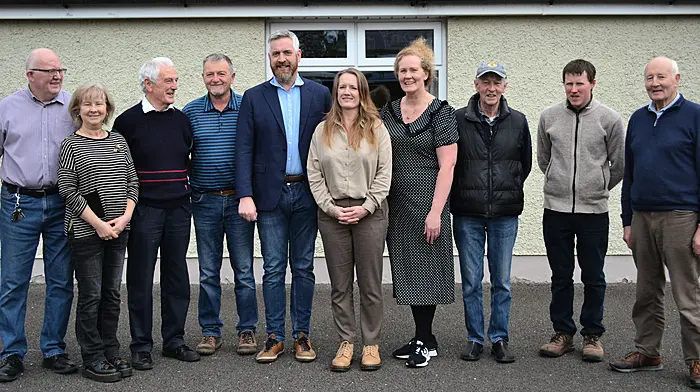EDITOR –Texas’ new abortion law bans abortions after six weeks – at which stage most people do not even know they’re pregnant.
Not only that, but the law also puts a $10,000 bounty on anyone who assists in an abortion after six weeks – even including a taxi driver who, unknowingly, drives someone to a post-six weeks’ abortion.
This barbaric restriction marks a new development in the campaign against abortion rights – rather than making abortion illegal, its opponents are making abortion inaccessible.
And when you cannot access your rights, it is the same as not having those rights.
We can already see this tactic at work in Ireland. Intimidation outside some GP clinics and maternity hospitals aims to scare medics out of providing abortion. Already, only half of our maternity hospitals provide abortions (and some only on a limited basis), and only 10% of GPs do so.
This refusal to provide care, due to lack of government support and due to intimidation, means many Irish people cannot access abortion, as is their right.
Thousands of pro-choice activists gave their blood, sweat, and tears to repeal the Eighth Amendment, and 66.4% of voters supported them.
However, as we can see in Texas, the fight for abortion rights is never over.
We urge pro-choice activists to join the Abortion Rights Campaign at the Dail at 2pm on Saturday, September 25th, to demand the government extend abortion access to all, rather than let it be further restricted by those who would follow the barbaric example of Texas.
Doris Murphy,
Rebels For Choice,
Glanmire.
Lotto’s mixed fortunes
EDITOR – Many people say if they were to win millions in a lottery, they would share some of their good fortune with family and close friends in need. Many winners have happy outcomes, but others do not and I share this cautionary tale.
A lady in her mid 50s recently died in Northern Ireland and her death was widely reported in the media and of her £27m lottery win in 2013 and sharing a lot of it with charities and relatives and friends – and of a 2019 interview of her deep regret about winning.
How would I handle a lottery win? I’d be delighted, not too many millions though, and hopefully, I would be okay. But I have to win it first ...!
Mary Sullivan,
Cork.
Rescue dogs rescued again
EDITOR – A former British marine, Pen Farthing, after serving in Afghanistan, set up an animal rescue centre in Kabul. This man ‘moved heaven and earth’ to secure safe passage for his rescue animals (cats and dogs) after the Taliban took control of Kabul.
He finally succeeded and all his rescue animals were airlifted from Kabul International Airport.
The US Military had several working dogs who assisted them at Kabul International Airport.
On completion of the US mission and evacuation of US military personnel – all these dogs were abandoned at Kabul International Airport to the mercy of the Taliban.
I leave it for your readers to comment.
Michael A Moriarty,
Rochestown,
Cork.
Ignoring ‘elephant in room’
EDITOR – The world is gripped by Covid-19, yet mainstream media has scant interest in reporting on the relationship between factory farming and pandemics.
It is estimated that 90% of all farmed animals in the world are currently living in factory farms, where they’re raised in confinement or in crowded spaces with no access to soil or sunlight and under a diet of transgenic food and antibiotics.
Add to the above the issue of deforestation, the scale of which has seen rapid human encroachment on diverse wildlife habitats, thereby helping diseases to spread from animals to humans more frequently. The issue is complicated further by the global overuse of antibiotics in animal farming.
These antibiotics enter the human food chain, resulting in a dramatic reduction in the effectiveness of antibiotics to suppress disease.
(The current 700,000 global deaths per annum currently caused by antimicrobial resistance is predicted to increase to 10m by 2050).
Animals on factory farms have low genetic diversity, they suffer from chronic stress and they have reduced immunity.
According to research by the US Centre for Disease Control & Prevention, three out of every four new or emerging infectious diseases in people come from animals.
Why is mainstream media ignoring this elephant in the room?
Gerry Boland,
Keadue,
Co Roscommon.







